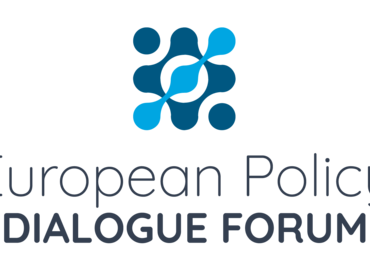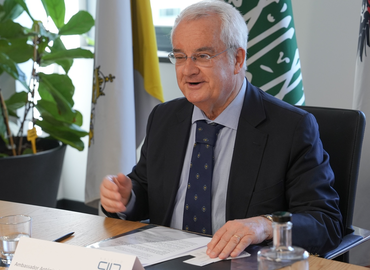G20 Religion and Policy: Realising Global Equality and Prosperity
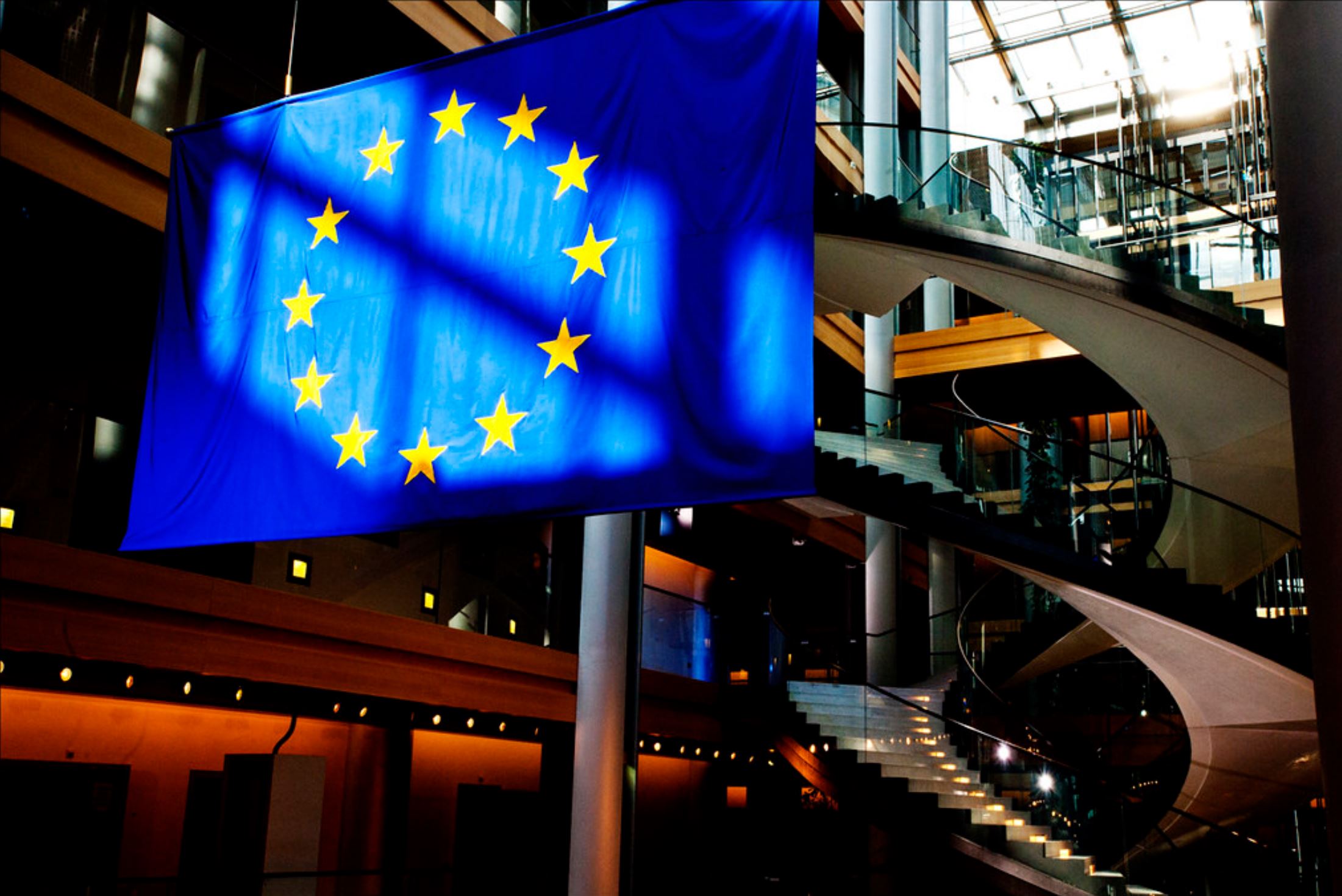
In the context of the G20 Interfaith European Regional Consultations, Jeff Simon and Rachel Bayani from the Bahá'í International Community (BIC) Brussels Office, look at how faith communities can contribute to policy discourses at the international level, particularly aimed at the advancement of global prosperty and justice.
How can religious communities and faith organizations support pandemic relief?
Jeff (J): We’ve been looking at the role of the individual and of communities, and how these have been shaped by the pandemic. We’ve seen how neighbourhoods have taken ownership of responding to the crisis, finding arrangements that allow life to continue locally.
Religious communities have a major role to play in this; in terms of gathering people to think about their neighbours and their neighbourhoods, in terms of giving emotional and psychological support to those in need, and in terms of rallying different strata of society to work together.
Do you think the pandemic has, in some ways, helped bring people together?
Rachel (R): We saw that during coronavirus, new light has been shed on the concept of our overarching human identity. Sometimes, through crisis, we are pushed to develop a higher level of understanding of something.
During the COVID-19 crisis, Bahá'í communities throughout the world have been trying to tend to the needs of their wider society. That has ranged from food delivery in India, to helping people become food independent in Vanuatu. Faith needs to find concrete expression in action.
When it comes to the world’s post-pandemic economic recovery, can religious communities set a positive example?
J: It’s a question of the redistribution of wealth, not only material wealth, but education and other things as well. It’s also a question of justice, and of opportunity. These can be brought by religious leaders to the forefront of the discussion, so we aren’t just thinking about things in monetary terms (for instance how we can fund the recovery of Europe and other parts of the world) but in much broader terms, along the lines of interconnectedness and interdependence.
I think a lot of work that is done with the economy today is top down, and we often do not see how at the grassroots level – villages or little towns, for example – already there are systems that work during crises. Like local credit systems that finance projects when there are doubts about the future.
Faith communities can help inspire these sorts of initiatives that help strengthen local economies, and then, as a consequence, they can help regional economies, and then the economy of a whole country.
Europe will, over the next decade, have to tackle some major issues, including hate speech, migration, and climate change. Can religious leaders and interfaith dialogue help with this?
R: Interfaith spaces allow for building a joint understanding about what society is, what it needs, and what kinds of things need to happen for society to go forward. I think, in that sense, interfaith spaces are crucial.
Faith communities must not only come together to think and reflect jointly, however, but also take action jointly. That action can encompass many things, including how to counter hate speech and bigotry. Anti-discrimination, hate-speech or hate-crime legislation is certainly important – but something much, much deeper has to happen.
This has to start at the local level with faith communities doing their utmost to work with each other. Because when you work with others at the grassroots level, you get to know each other, and so you don’t allow ignorance to emerge in the same way it does when communities live side-by-side without engaging.
It needs to start with children of different faith communities jointly thinking and tending to the needs of their local setting – and then it will continue through youth and into adulthood.
J: In some sense, we have to re-conceptualise the way that we communicate with each other. We have to think about how we can create an atmosphere of trust in our communication, rather than an atmosphere of distrust. We need a real process of engagement and mutual learning, so a positive atmosphere can be nurtured by learning about a certain social phenomenon or social reality.
What about climate change?
R: It’s about completely re-conceptualising the way we operate as a society, and understanding that our assumptions about human nature, about the individual, and about society as a whole, need to be revisited so that climate change can gradually be addressed.
If we see the individual simply as a consumer, then our policies are very much shaped accordingly. You have economies that are made to provide for that individual as a consumer, which then leads to overconsumption and overproduction, which in turn has an adverse effect on the environment.
In addressing this, religious communities have a particular role, because they conceptualise the individual in a particular way. They see the individual as noble, as endowed with capacity, as having a moral dimension which needs to be tended to, rather than only their physical, material needs.
With a different worldview about the individual, policies can change. Because economic growth shouldn’t be the only thing that drives society, something deeper is needed.
And finally, where does faith come into the debate around migration?
R: Migration enriches different places and helps societies develop. It’s a tool through which civilisation advances – different parts of humanity coming together and enriching each other.
But we’re very worried about survival migration – people being forced to leave their homes. This can take many shapes and forms: people fleeing war and persecution, political instability, economic oppression, no hope in the future, no prospect of feeding their families.
How is our current economic order shaped so that, for example, a local African economy is prevented from emerging? That economic order needs to be revisited so that the principles of global equality and prosperity – which are key elements of faith and religion – can be realised.
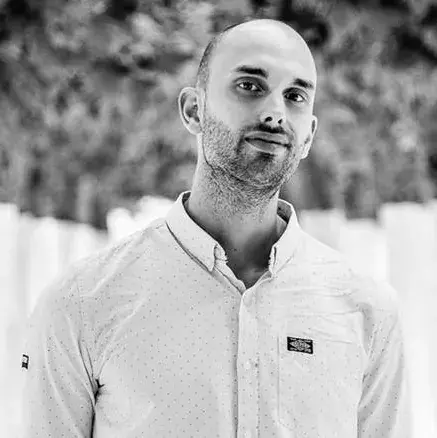
Jeff Simon is a Policy Officer with the Bahá'í International Community. He participated at all stages of this year’s G20 Interfaith Forum consultations.
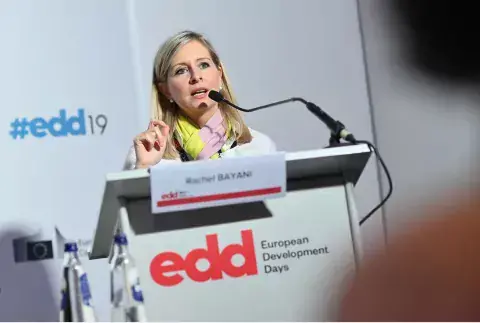
Rachel Bayani represents the Bahá'í International Community's Brussels Office. Before joining the group, she worked as a lawyer with the United Nations and European Union.
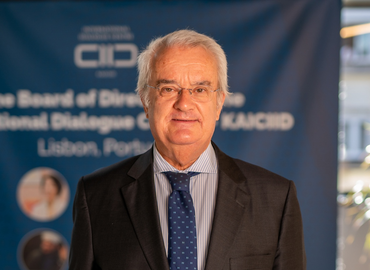
Imagine Europe without the European Convention on Human Rights. No Court in Strasbourg to…

